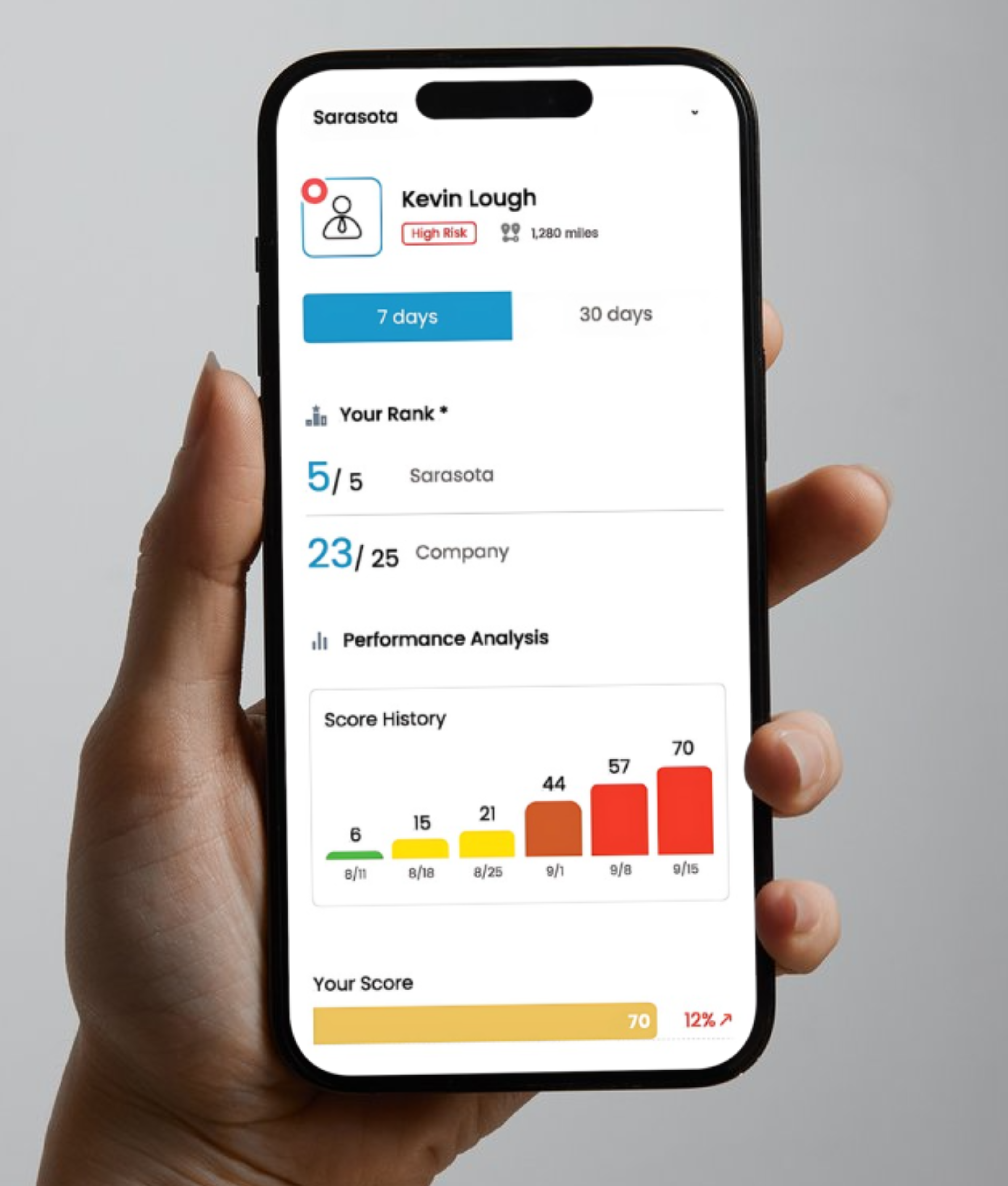Transforming data into safer driving, daily.
By bringing together multiple data points into a single, intuitive interface, we empower fleet operators to make data-driven decisions with unprecedented ease.
Elevate your Geotab experience
GoAnalytics is designed to supercharge your existing Geotab experience by seamlessly integrating multiple data sources to provide fleets with instant, actionable insights.
Whether you’re monitoring a single location or the entire fleet, GoAnalytics allows you to identify key events and easily pinpoint the specific drivers involved.
The built-in coaching module promotes manager-driver engagement, fostering accountability and strengthening safety culture across the organization.
All-In-One Data
GoAnalytics takes Geotab’s data capabilities to the next level by integrating telematics, video, and vehicle diagnostics into a single, comprehensive platform, providing fleet managers with a holistic view of their operations.

Interactive Dashboards
GoAnalytics offers fully customizable dashboards tailored to spotlight key areas of focus for your fleet, including data trends across any time frame.
Safety At Your Fingertips
With GoAnalytics Drive App integration, your team can now track their driving performance, stay proactive about potential risks, and see how they rank within the company and their designated groups. They can also focus on the key areas that need improvement to enhance their driving performance.
Book your demo now!

US OFFICE
![]() 1001 3rd Avenue West, Suite 550, Bradenton, FL 34205
1001 3rd Avenue West, Suite 550, Bradenton, FL 34205
CANADA OFFICE
![]() 395 Franklin Blvd. Unit A, Cambridge, ON N1R 8G8
395 Franklin Blvd. Unit A, Cambridge, ON N1R 8G8
Phone
+1 (941) 222-0747
Privacy Policy
Terms of Use
Data Retention Policy
Security Policy
End User License Agreement


